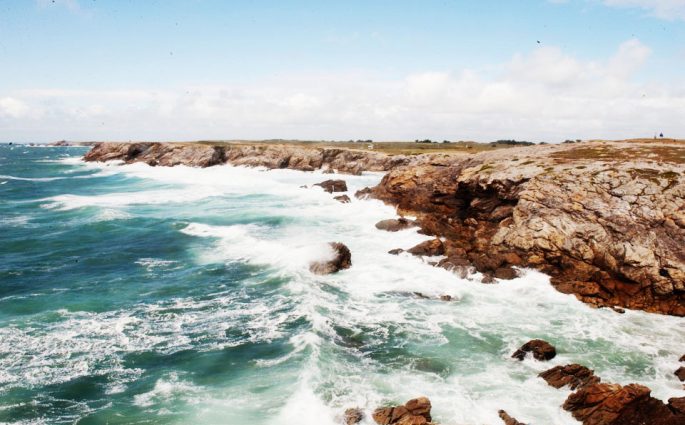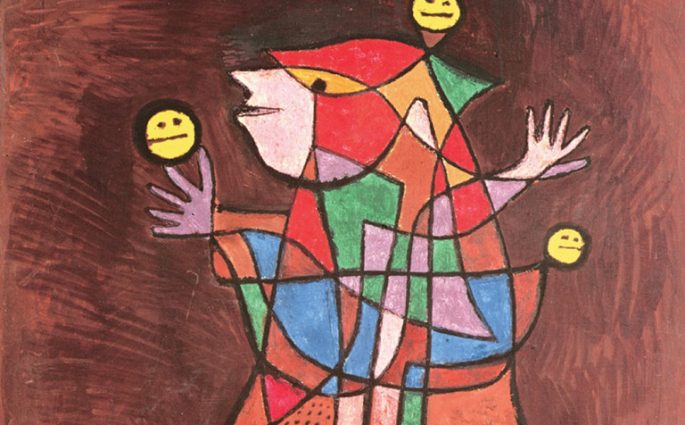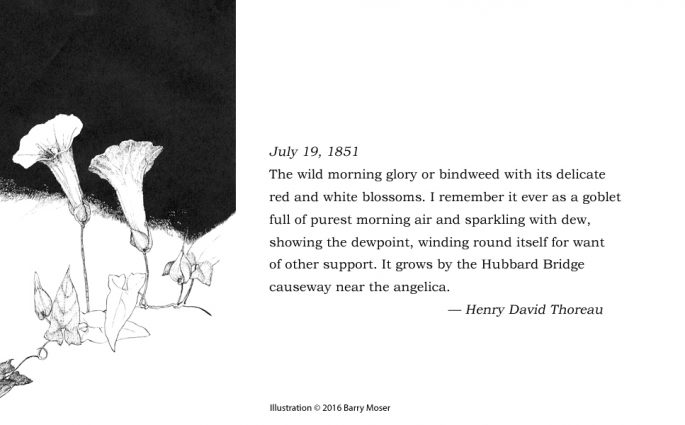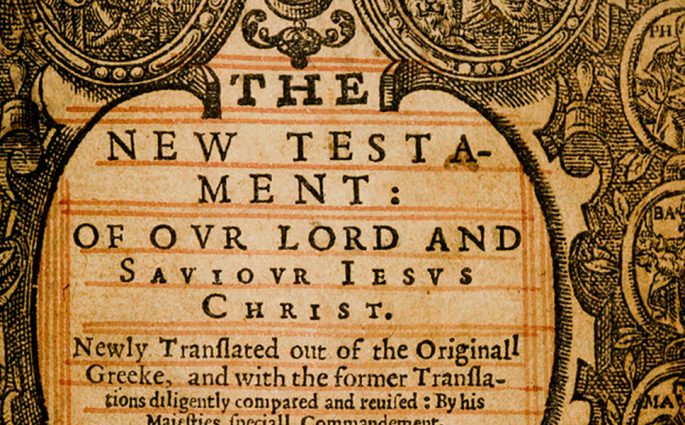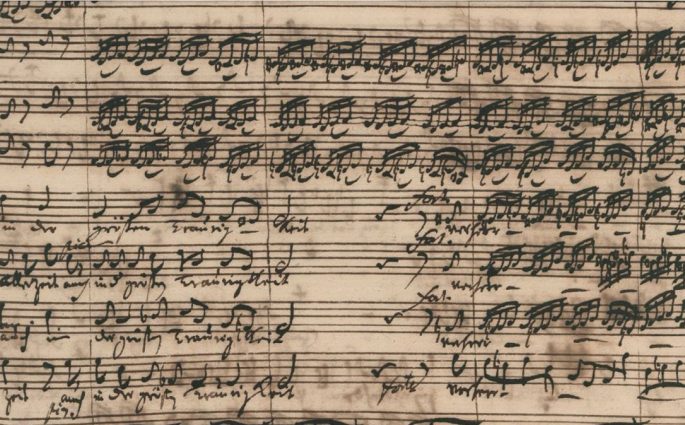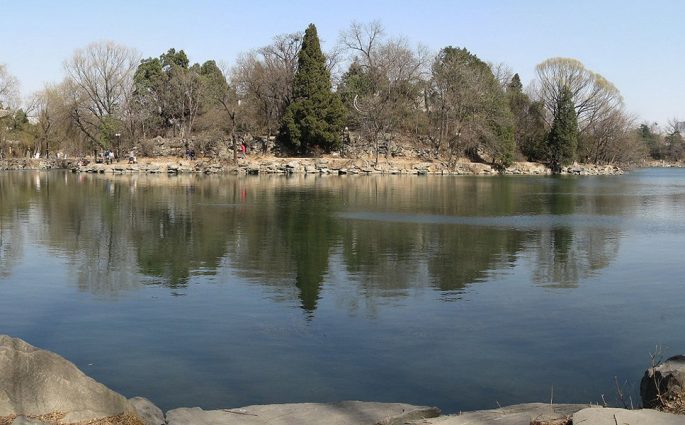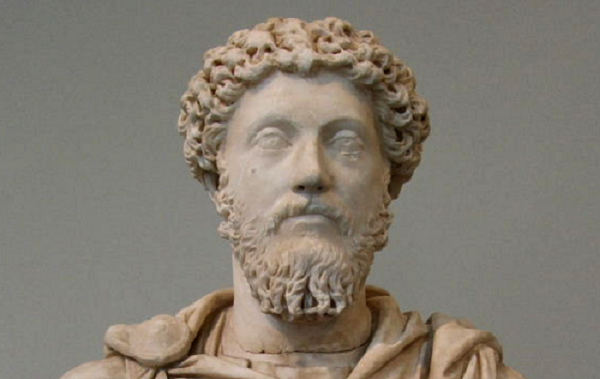Myths That Make History
Graham Seal— Ancient though their origins may be, the world’s many myths and legends have played an important role in history. Frightening fables of unknown southern lands, tales of lost cities, and endless rumors of hidden hordes of gold have motivated many of the world’s greatest explorations. Five centuries before

